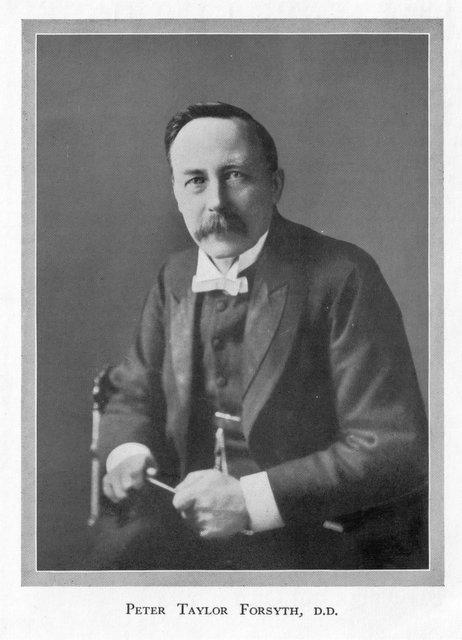Dogmatics and Chess
 I don’t have any time left tonight to do my promised (and perhaps last) post related to inerrancy– it’s now rescheduled for tomorrow. And I’ll respond to your comments then too, which I have very much enjoyed reading. Not only have I been distracted by TB Vick (if in doubt, blame someone else; but playing chess online was great fun!), but I also pushed the work today as I almost made it to the end of 1 Corinthians – I’m now left with only one verse to work on, which is great news – although the verse in question, 1 Cor 16:22 (‘Let anyone be accursed who has no love for the Lord. Our Lord, come!’), isn’t just any old verse, at least not for my thesis. I honestly think a decent monograph could be written on just this one verse, especially as I suspect it hasn’t been handled entirely correctly by exegetes as yet. Anyway, I’m waffling, and I need to rest, so I’ll get on.
I don’t have any time left tonight to do my promised (and perhaps last) post related to inerrancy– it’s now rescheduled for tomorrow. And I’ll respond to your comments then too, which I have very much enjoyed reading. Not only have I been distracted by TB Vick (if in doubt, blame someone else; but playing chess online was great fun!), but I also pushed the work today as I almost made it to the end of 1 Corinthians – I’m now left with only one verse to work on, which is great news – although the verse in question, 1 Cor 16:22 (‘Let anyone be accursed who has no love for the Lord. Our Lord, come!’), isn’t just any old verse, at least not for my thesis. I honestly think a decent monograph could be written on just this one verse, especially as I suspect it hasn’t been handled entirely correctly by exegetes as yet. Anyway, I’m waffling, and I need to rest, so I’ll get on.I wanted to share a passage from Barth’s Dogmatics in Outline that started off my ‘devotions’ this morning. I don’t know about you, but whenever I prayerfully read a good theological book about the Trinity, my heart tends to leap in worship.
‘Not although God is Father and Son, but because God is Father and Son, unity exists [in the Godhead]. So God, as He who establishes Himself, who exists through Himself, as God in His deity, is in Himself different and yet in Himself alike. And for that very reason He is not lonely in Himself. He does not need the world. All the riches of life, all fullness of action and community exists in Himself, since He is the Triune [One]. He is movement and He is rest. Hence it can be claimed to us that all that He is on our behalf – that He is the Creator, that He has given us Himself in Jesus Christ and that He has united us to Himself in the Holy Spirit – is His free grace, the overflow of His fullness. Not owed to us, but overflowing mercy!’ (p. 44)
Ahh, tonic for the heart.
Bis morgen.






















